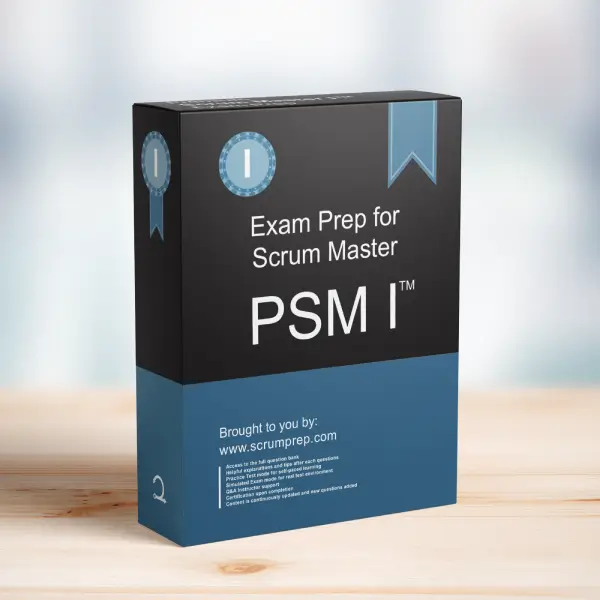Timeboxed Events in Scrum
Timeboxing is a critical aspect of Scrum, ensuring that events are limited to a maximum duration to maintain focus and efficiency. Here we examine which events in Scrum are timeboxed.
Exam Question
Which three of the following are timeboxed events in Scrum? (choose the best three answers)
- A. Sprint Testing.
- B. Release Planning.
- C. Daily Scrum.
- D. Sprint 0.
- E. Release Retrospective.
- F. Sprint Planning.
- G. Sprint Retrospective.
Correct Answers
C. Daily Scrum.
F. Sprint Planning.
G. Sprint Retrospective.
Explanation
Why C, F, and G are Correct
C. Daily Scrum:
The Daily Scrum is a daily event timeboxed to 15 minutes. It is a crucial event where the Developers synchronize their activities and create a plan for the next 24 hours.
F. Sprint Planning:
Sprint Planning is a timeboxed event that can last up to eight hours for a one-month Sprint. The purpose of this event is to define what can be delivered in the upcoming Sprint and how that work will be achieved.
G. Sprint Retrospective:
The Sprint Retrospective is timeboxed to a maximum of three hours for a one-month Sprint. This event provides an opportunity for the Scrum Team to inspect itself and create a plan for improvements to be enacted during the next Sprint.
Why A, B, D, and E are Incorrect
A. Sprint Testing:
Sprint Testing is not a specific event in Scrum. Testing is an integral part of the development process that happens throughout the Sprint.
B. Release Planning:
Release Planning is not a timeboxed event in Scrum. While planning releases is important, it is an ongoing activity that involves the Product Owner and does not have a fixed timebox.
D. Sprint 0:
The concept of “Sprint 0” does not exist in Scrum. Scrum begins with the first Sprint, where a potentially releasable product increment is expected.
E. Release Retrospective:
There is no specific event called Release Retrospective in Scrum. The Sprint Retrospective serves the purpose of reflecting on and improving the process.
Roles and Responsibilities in Scrum
- Product Owner: Participates in Sprint Planning and the Sprint Retrospective, ensuring that the Product Backlog is ordered and that the Scrum Team is aligned with the product vision.
- Scrum Master: Facilitates all Scrum events, including the timeboxed events, ensuring that the team adheres to Scrum principles and the time limits.
- Developers: Actively participate in all timeboxed events, contributing to planning, daily synchronization, and continuous improvement.
Relevance to the PSM I Exam
Understanding the timeboxed events in Scrum is crucial for the PSM I exam. This knowledge helps candidates appreciate the structure and discipline that Scrum brings to managing complex projects.
Conclusion
In Scrum, the Daily Scrum, Sprint Planning, and Sprint Retrospective are the key timeboxed events. These time limits ensure that the team remains focused and efficient, fostering continuous delivery and improvement.
For comprehensive preparation and practice exams, check out PSM I Exam Prep to enhance your understanding and application of Scrum principles.




